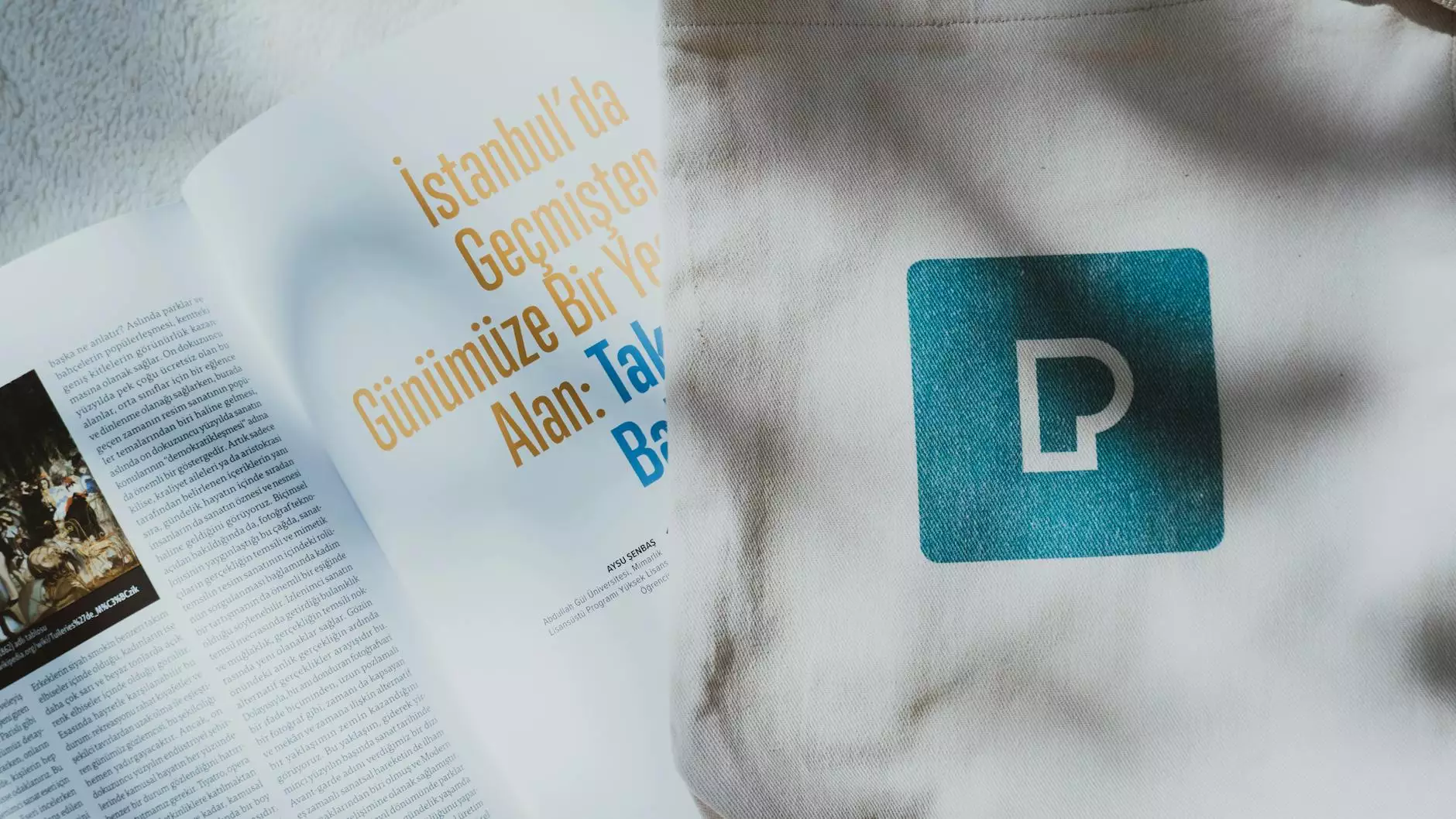Mortgage 101: A Comprehensive Guide to Mortgage Loans
Buying a Home
Welcome to Mortgage 101, brought to you by Chicago Mortgage Funding, a reputable business in the Real Estate industry. Whether you are a first-time homebuyer or looking to refinance your existing home, this page will serve as a comprehensive resource to help you understand the world of mortgages. Our goal is to provide you with the knowledge and insights necessary to make informed decisions about your financial future.
Understanding Mortgage Loans
When it comes to purchasing a home, most people require financial assistance in the form of a mortgage loan. A mortgage is a loan specifically designed for purchasing real estate, where the property itself serves as collateral. By securing a mortgage, you can spread out the cost of your home purchase over a predetermined period, usually ranging from 15 to 30 years. Understanding the various components of a mortgage loan is crucial to finding the best option for your specific needs.
Mortgage Terms and Options
Before diving into the different types of mortgage loans available, it is essential to familiarize yourself with common mortgage terms and options. These include:
- Interest Rate: The annual percentage rate charged by the lender on the loan amount. It is crucial to compare interest rates from different lenders to secure the best possible deal.
- Loan Term: The length of time over which the loan will be repaid. Shorter loan terms typically result in higher monthly payments but lower overall interest costs.
- Fixed-Rate Mortgage: A mortgage where the interest rate remains constant throughout the loan term, providing stability and predictable monthly payments.
- Adjustable-Rate Mortgage: A mortgage with an interest rate that can fluctuate over time, often starting with a lower introductory rate and adjusting periodically based on market conditions.
- Government-Backed Loans: Mortgage loans insured or guaranteed by government entities like the Federal Housing Administration (FHA) or the Department of Veterans Affairs (VA), offering lower down payment requirements or more flexible credit criteria.
Choosing the Right Mortgage for You
Now that you have a basic understanding of mortgage terms and options, it's time to explore which type of mortgage loan is the best fit for your unique circumstances. Consider the following factors:
- Financial Situation: Assess your current financial situation, including your income, debt obligations, and credit score. This will help determine the loan amount you can afford and your eligibility for certain loan programs.
- Loan Duration: Consider how long you plan to stay in the home. If you anticipate moving within a few years, an adjustable-rate mortgage may be a better choice, while a fixed-rate mortgage offers stability for long-term homeownership.
- Down Payment: Determine how much you can afford to put towards a down payment. While conventional loans often require a down payment of at least 20%, there are government-backed loan programs that allow for lower down payments.
- Additional Costs: Take into account other expenses associated with homeownership, such as property taxes, homeowners insurance, and closing costs. These costs can influence your overall budget and loan affordability.
The Mortgage Process: From Application to Closing
Now that we have covered the basics of mortgage loans and explored various options, let's delve into the mortgage process itself. This will provide you with a step-by-step understanding of what to expect when applying for and obtaining a mortgage loan.
1. Pre-Qualification and Pre-Approval
The first step in the mortgage process is to get pre-qualified and pre-approved for a loan. Pre-qualification involves providing basic financial information to a lender, who will then estimate the loan amount you may be eligible for. Pre-approval, on the other hand, requires a more detailed financial review and includes a conditional commitment from the lender to grant the loan.
2. Finding the Right Home
Once you have a clear idea of your budget and how much you can borrow, it's time to start house hunting. Engage the services of a real estate agent who specializes in your desired location and work together to find the perfect home that meets your needs and preferences.
3. Loan Application
After finding the ideal property, you will need to complete a loan application. This involves providing detailed financial documentation, including income statements, tax returns, and bank statements. The lender will review this information to assess your ability to repay the loan.
4. Loan Processing and Underwriting
Once your application is submitted, the lender will initiate the loan processing and underwriting phase. During this stage, the lender will verify the information provided, order an appraisal to determine the property's value, and assess your creditworthiness. The underwriter will ultimately approve or deny the loan based on their findings.
5. Loan Approval and Closing
If your loan application is approved, you will receive a loan commitment letter outlining the terms and conditions of the loan. Next, a closing date will be set, and you will be required to sign the necessary paperwork to finalize the mortgage loan. This includes the mortgage note, deed of trust, and other legal documents.
Conclusion
Congratulations! You have reached the end of Mortgage 101, where we have provided you with a comprehensive guide to understanding mortgage loans. Armed with this knowledge, you are now well-equipped to navigate the mortgage process with confidence and make informed decisions about your financial future. Remember, Chicago Mortgage Funding is here to assist you every step of the way, offering expert advice and personalized services to ensure a smooth and successful homebuying experience. Contact us today to get started on your home financing journey.



